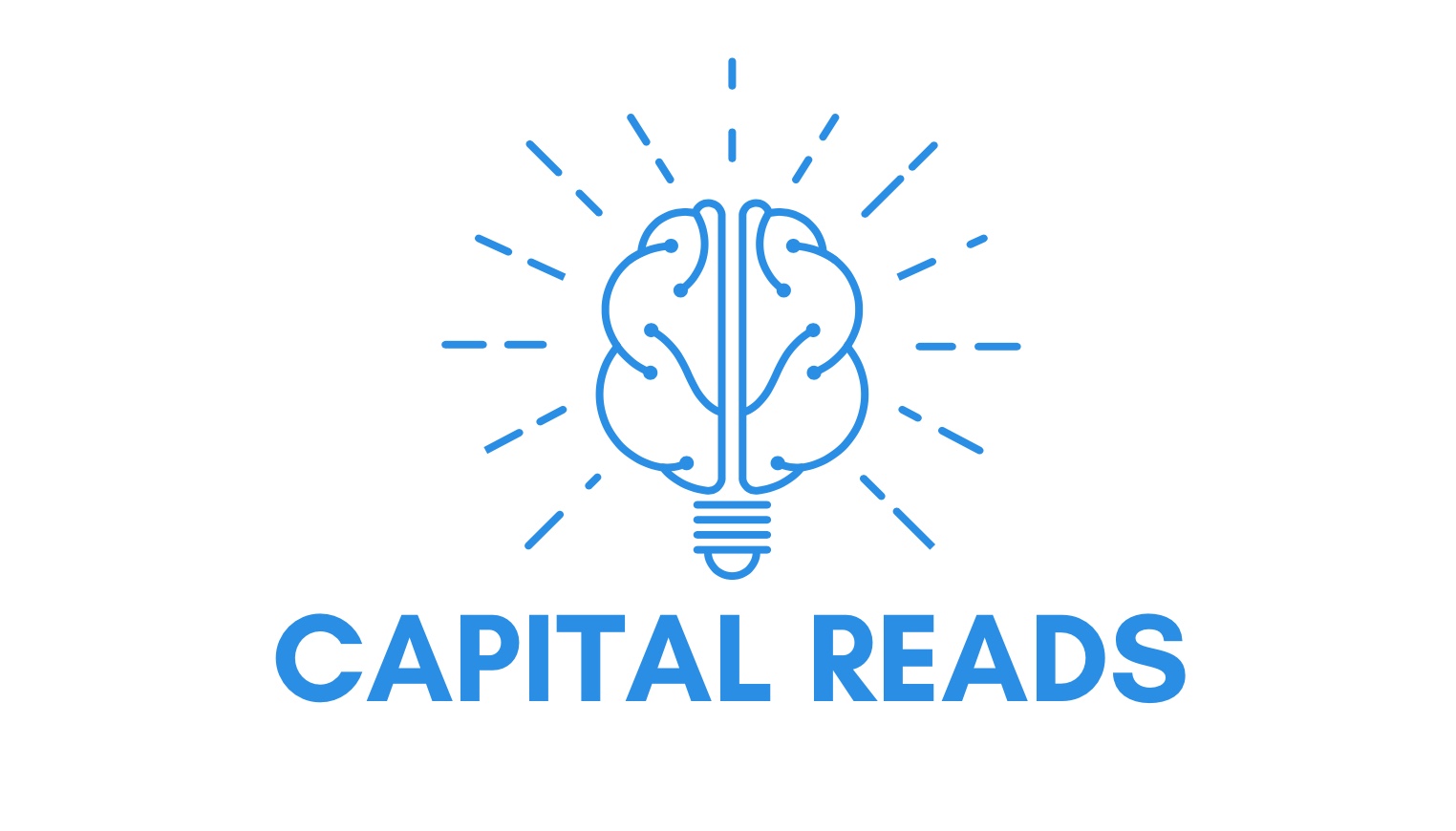Misbehaving
Hightlight
-
 Ethics
Ethics
-
 Psychology
Psychology
-
 Strategy & Tactics
Strategy & Tactics
Misbehaving: The Making of Behavioral Economics
Author
Richard H. Thaler
Published Date
2015
Page Count
432
Overview
“Misbehaving: The Making of Behavioral Economics” by Richard H. Thaler is a seminal work that traces the development of behavioral economics. The book combines personal narrative, historical anecdotes, and academic research to explore how the field of behavioral economics evolved from a fringe idea to a mainstream influence in understanding economic decision-making. Thaler, a key figure in the field, shares his experiences and insights from his career, illustrating how human quirks and irrational behaviors impact economic outcomes.
Key Themes
- Origins of Behavioral Economics: Chronicles the early challenges and breakthroughs in establishing behavioral economics.
- Human Behavior in Economic Theory: Explores how human behavior often deviates from traditional economic models based on rational decision-making.
- Impact on Public Policy and Markets: Discusses the applications of behavioral economics in public policy and financial markets.
- Key Experiments and Studies: Presents influential experiments and studies that have shaped the understanding of behavioral economics.
Historical Context
Published in the mid-2010s, the book reflects on the growing influence of behavioral economics in various fields, including finance, public policy, and marketing, in the context of an increasingly complex and interconnected world.
Author’s Background
Richard H. Thaler is a Nobel Prize-winning economist known for his pioneering work in the field of behavioral economics. His research has significantly contributed to understanding how psychological factors affect economic decision-making.
Impact and Legacy
“Misbehaving” has been influential in popularizing behavioral economics and making it accessible to a wider audience. It is praised for its engaging narrative that brings to life the development of a groundbreaking field.
Strengths and Weaknesses
Strengths: The book is engaging, insightful, and filled with relatable anecdotes that illustrate complex concepts.
Weaknesses: Some readers may seek more in-depth technical analysis of the theories and models discussed.
Who Should Read This?
This book is ideal for anyone interested in economics, psychology, and the factors that drive human decision-making. It is particularly valuable for students and professionals in economics, finance, and public policy.

